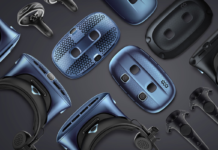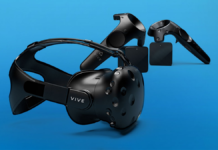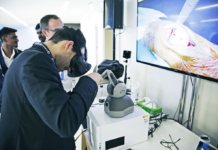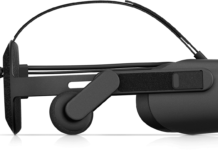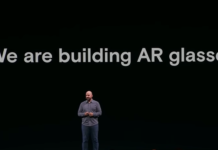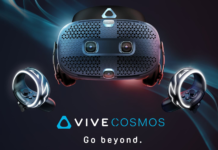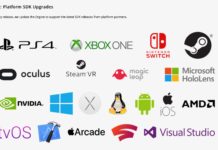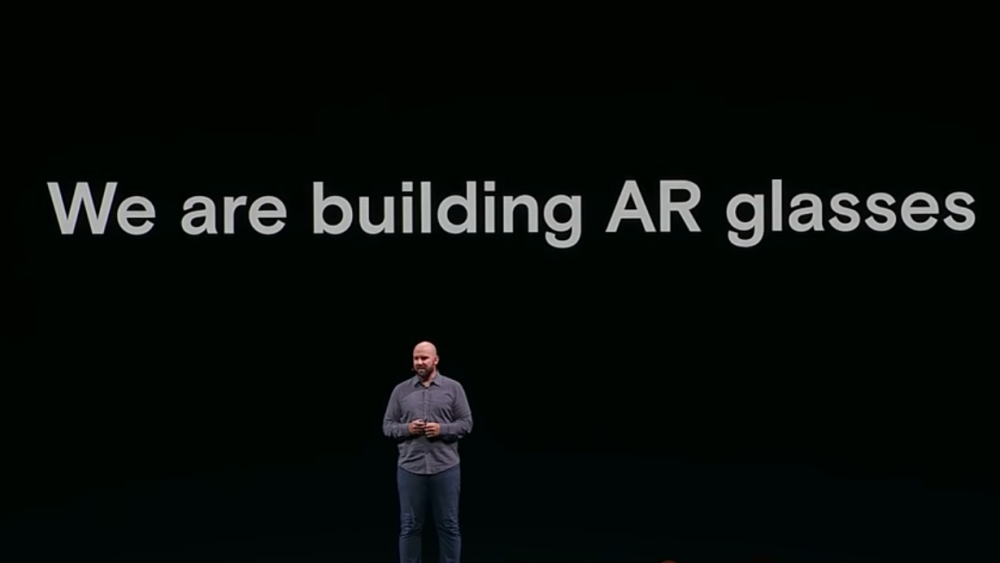In an interview with Alex Heath from theinformation.com, Michael Abrash, the Chief VR Scientist at Facebook made multiple bold predictions. He says that it could take nearly 5-10 years for mass adoption for augmented reality glasses, he says Oculus is the only company capable of introducing the next generation of virtual reality, and much more.
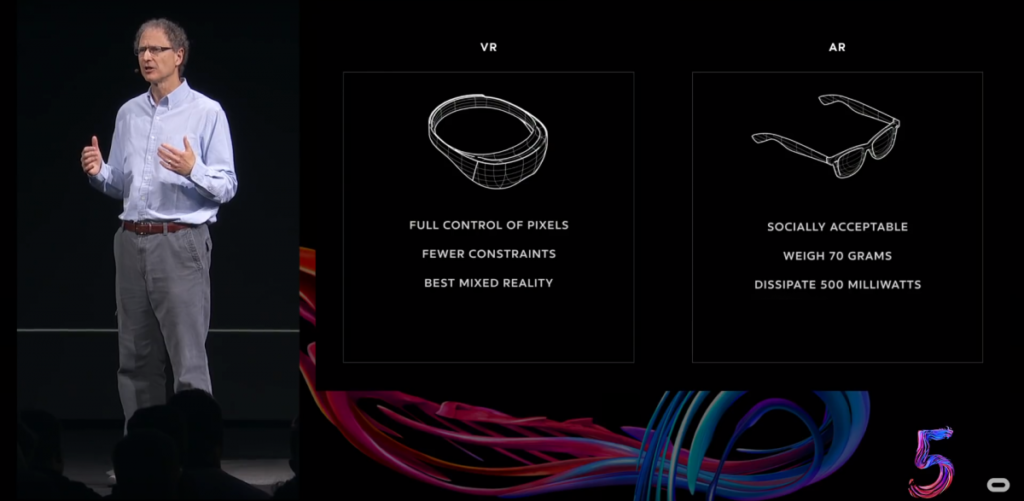
Abrash is no stranger to the tech industry and how it operates. He worked on the first versions of the Windows operating systems, helped create and develop the first Xbox, and even helped mast the video game Quake. Abrash joined the Oculus team right before they were acquired by Facebook back in 2014, a deal worth $2 Billion at the time, and worth much more now.
This interview from theinformation.com was conducted a few months ago but was recently published for consumer consumption.
Abrash Interview
When asked about AR glasses and the hurdles that “everyone is waiting to overcome”, Abrash pointed out some key difficulties.
“Unless you can have a display that meets the weight limits for something you can wear all day, meets the form factor requirements, most importantly meets the thermals, because you can only dissipate so much heat out of a glasses-like structure on your head, and gives you see-through quality that is comparable to normal glasses…because even when AR is something that everybody uses, 99% of the photons that hit your eyes or your retinas are actually still going to come from the real world.”
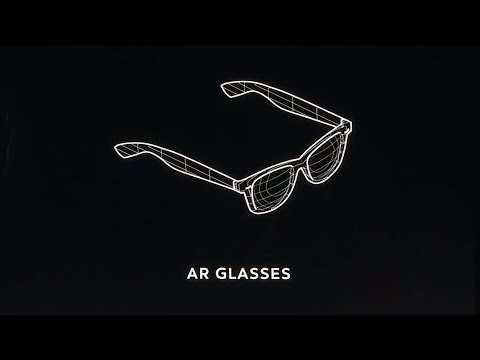
Abrash has some good points here, and he is likely telling some of the problems Facebook has run into in the last few years of trying to create this AR product. They aren’t hitting one specific roadblock right now. A lot of these problems aren’t being solved yet, and it is drastically impacting when this hardware will be available to the public.
When Abrash spoke on input with the glasses, it was interesting to see what was said here. “There is no way that the way we’re going to interact with AR is going to be the way that we interact with our devices today. You are not going to take out your phone every time you want to do something. You’re not going to use a keyboard and mouse. You’re not going to just use your hands. What that interface is going to be, is multimodal. It will involve hands. I’ve talked about how we’re also working on haptic gloves.”
AR Input
Haptic gloves? He talks about how mass adoption will only happen if the product is near perfect, and then he throws in haptic gloves? If you are wearing AR glasses with the idea to cut down on hardware, we can promise that the last thing you’ll want to wear is a pair of gloves. Having a phone in your hand is much easier and much more socially acceptable.
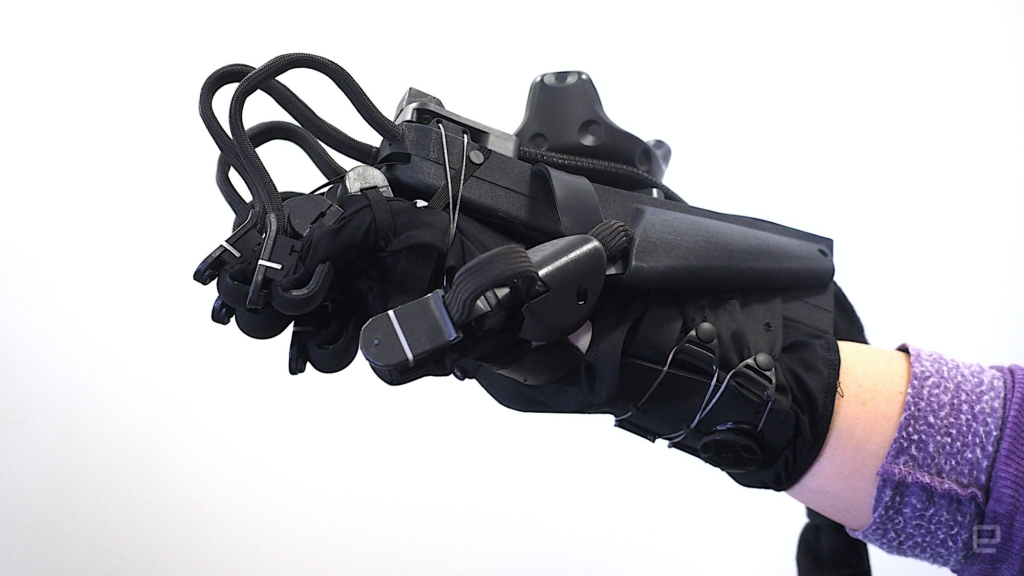
One of the most eyebrow-raising comments came from when Abrash was asked about how unique Oculus is vs the competition. He said that “On the VR side, I think it is very unique. No company has invested at anywhere near the level we have. When the next generation of VR shows up, it will be because we did it. I see no other way it’ll happen.” Well, if this is true, most won’t be surprised. With that being said, there are plenty of other companies in great position going into the new decade when it comes to virtual reality.

Abrash was asked a few questions about AR glasses and the timeline, and he was very consistent with his answers. He compared the AR glasses on the market right now to the early smartphone days with the Blackberry. It had adoption, but everyone knew it could be better. He referenced what Oculus is doing as if it were going to be the iPhone of the AR industry. Leaps and bounds better than any competitor.
Consumer Timeline
“The question is, what glasses will be out there? My point is not that nothing will get out there. It’s really what gets us to the BlackBerry point where you would have your glasses with you right now.”
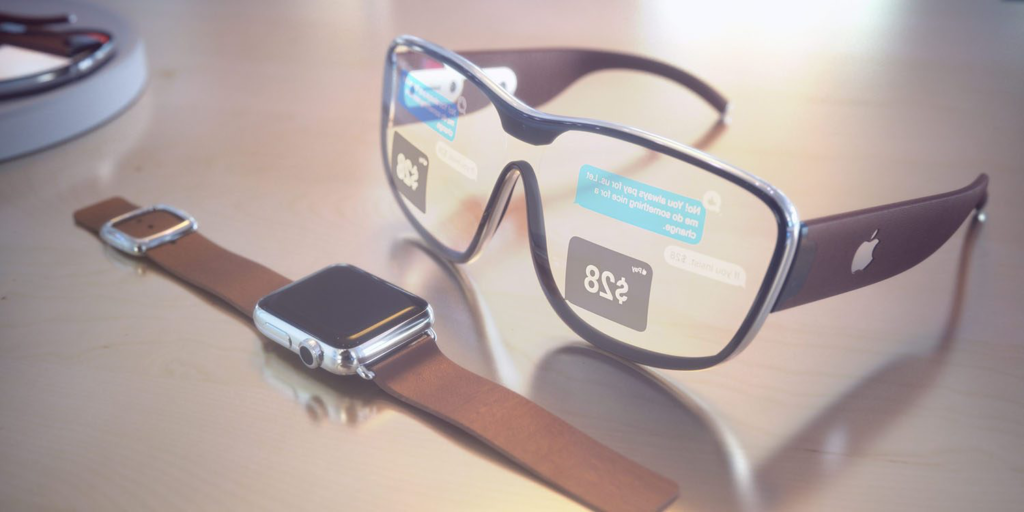
To wrap things up, when asked if the Facebook AR glasses could be available in the next five years, Abrash wouldn’t commit much of any definitive timeline. “My personal opinion is five years. I could be wrong, because I also have a very high bar for what functionality is necessary to get to that point. I’m informed regularly that I set the bar very high. I actually think that’s great. I should be the person out on the end pulling in that direction.”
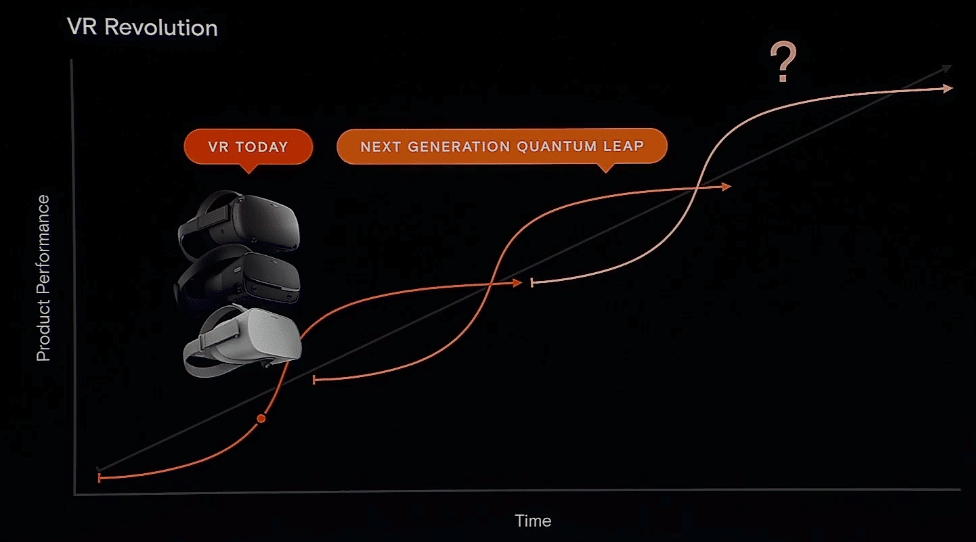
“We don’t think that there are problems here that are not solvable within ten years. I’m not talking about Facebook. I’m just talking about the industry as a whole. This is my interpretation of the trends.”


